As the world hurtles towards an era of unparalleled technological advancements, the convergence of artificial intelligence (AI) and cloud computing is poised to revolutionize the way we live, work, and interact with one another. In a move that underscores the AI industry's insatiable appetite for computing power, Microsoft and Nvidia have announced a groundbreaking deal to invest in Anthropic, a cutting-edge AI startup that has been making waves with its innovative approach to building intelligent systems.
At the heart of this deal lies Anthropic's flagship technology, Claude, a highly advanced language model that has been touted as a potential rival to the likes of Google's Bard and Microsoft's own Bing. With a 30 billion commitment to use Microsoft's cloud services, Anthropic is poised to scale its operations to unprecedented heights, leveraging the vast computing resources of the cloud to further refine its AI capabilities.
But what does this deal mean for the future of AI, and how will it impact society as a whole? To understand the implications of this partnership, it's essential to delve into the world of AI and explore the concepts that underpin it.
At its core, AI is a branch of computer science that focuses on creating intelligent machines that can perform tasks that would typically require human intelligence. This can include tasks such as learning, problem-solving, and decision-making. But what sets Anthropic apart from other AI startups is its focus on building systems that can rival or surpass human intelligence.
Anthropic's approach to AI is centered around the concept of "alignment," which refers to the process of ensuring that AI systems are designed to achieve human-like goals and values. This is a critical aspect of AI development, as it addresses the long-standing concern that AI systems may become uncontrollable or even malevolent.
The partnership between Microsoft, Nvidia, and Anthropic is a testament to the growing recognition of the importance of AI in driving innovation and economic growth. By investing in Anthropic, these companies are betting on the potential of AI to transform industries such as healthcare, finance, and education.
But what does this mean for the future of work? As AI systems become increasingly sophisticated, there is a growing concern that they may displace human workers, particularly in sectors where tasks are repetitive or can be easily automated.
According to Dr. Timnit Gebru, a renowned AI researcher and critic of the industry, "The AI industry is at a crossroads. We have the opportunity to create systems that augment human capabilities, but we also risk creating systems that displace human workers. It's essential that we prioritize transparency, accountability, and fairness in AI development."
The partnership between Microsoft, Nvidia, and Anthropic is a significant step towards realizing the potential of AI, but it also raises important questions about the future of work and the role of humans in an increasingly automated world.
As we look to the future, it's clear that AI will play an increasingly important role in shaping the world we live in. But it's also essential that we prioritize the development of AI systems that are aligned with human values and goals. By doing so, we can create a future where AI enhances human capabilities, rather than displacing them.
In the words of Dr. Demis Hassabis, co-founder of DeepMind, "AI has the potential to be a powerful tool for good, but it also requires careful consideration and regulation. We need to prioritize the development of AI systems that are transparent, explainable, and accountable."
As the world hurtles towards an era of unprecedented technological advancements, the partnership between Microsoft, Nvidia, and Anthropic serves as a reminder of the immense potential of AI to transform industries and drive economic growth. But it also underscores the need for careful consideration and regulation to ensure that AI systems are developed in a way that prioritizes human values and goals.
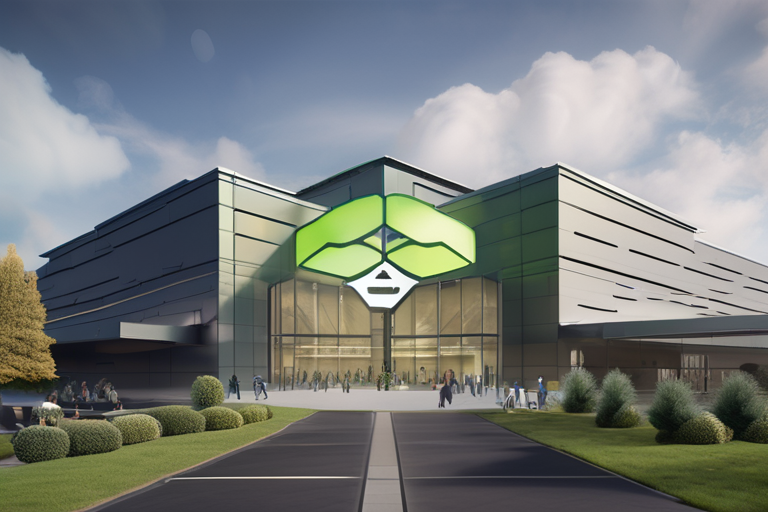


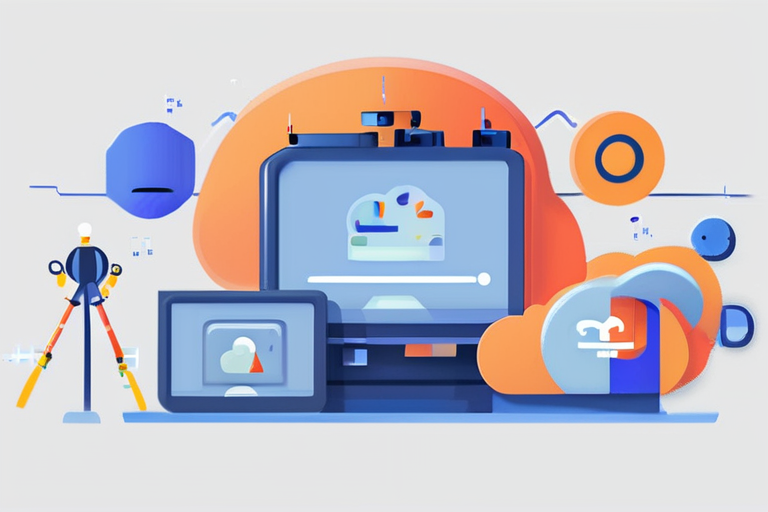
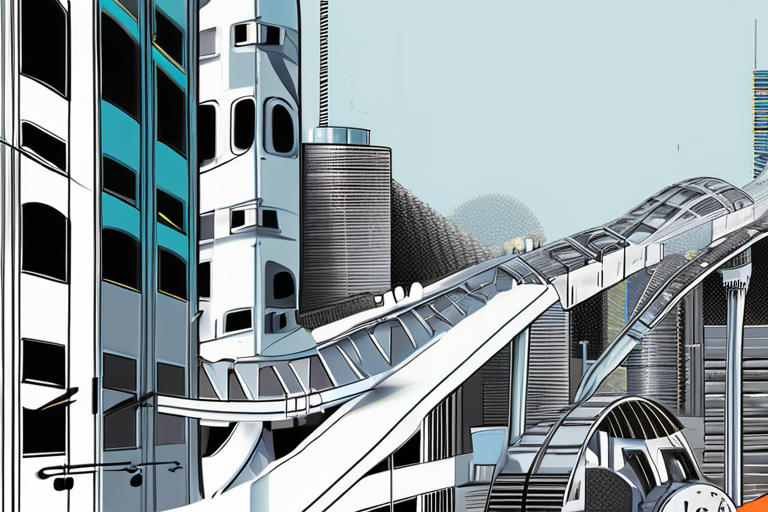

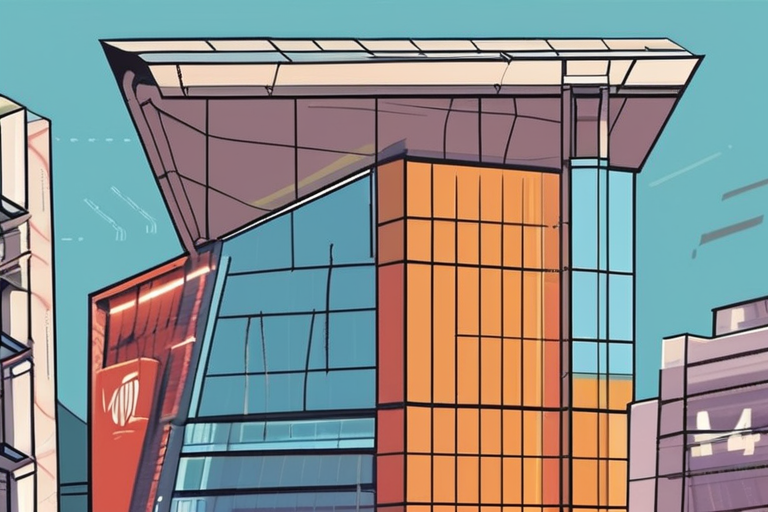
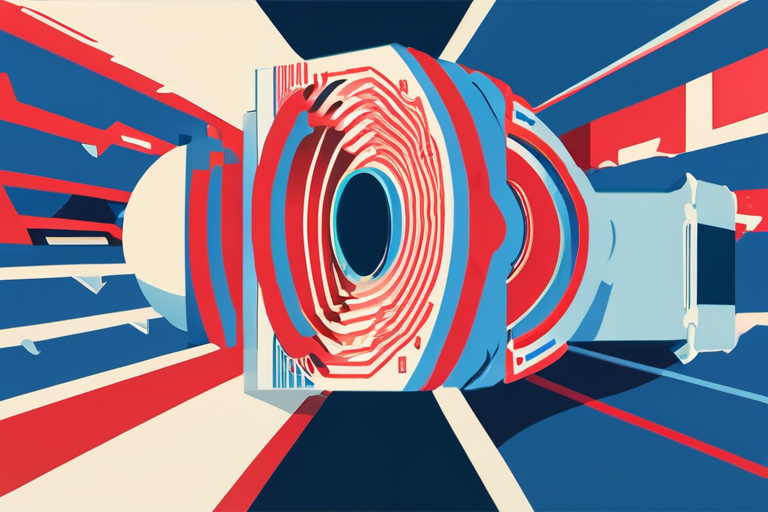
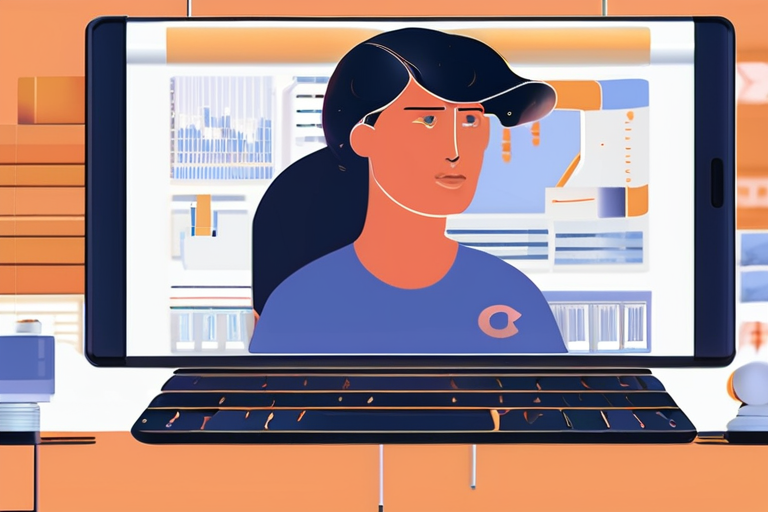
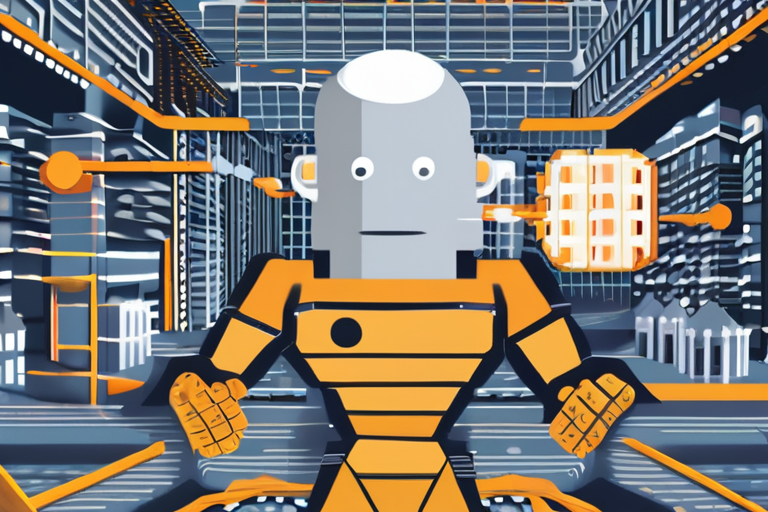
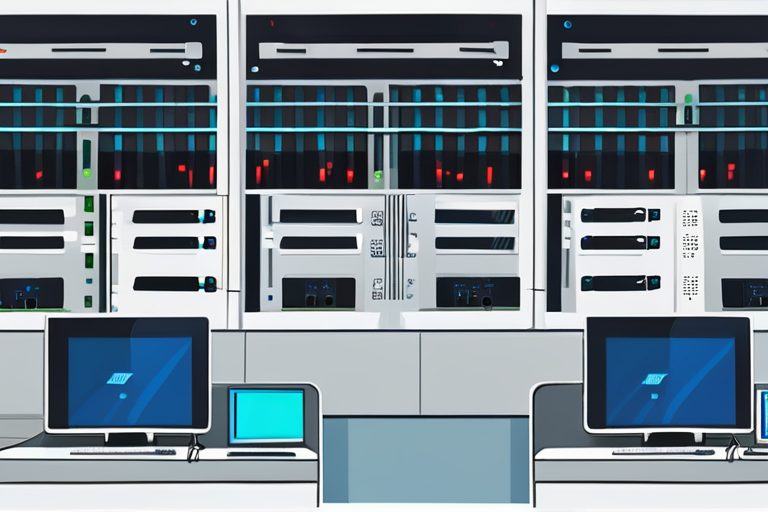
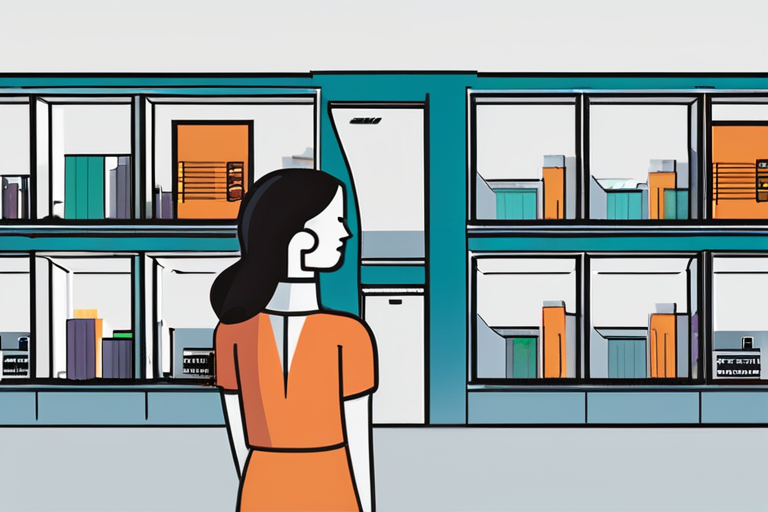
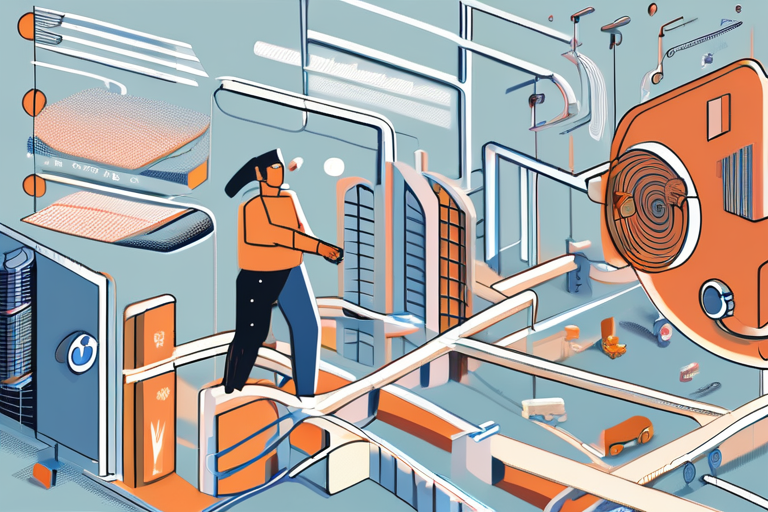
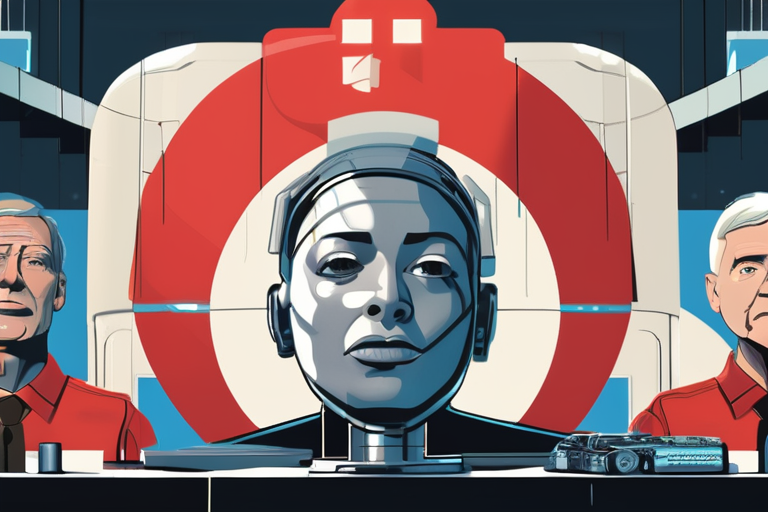


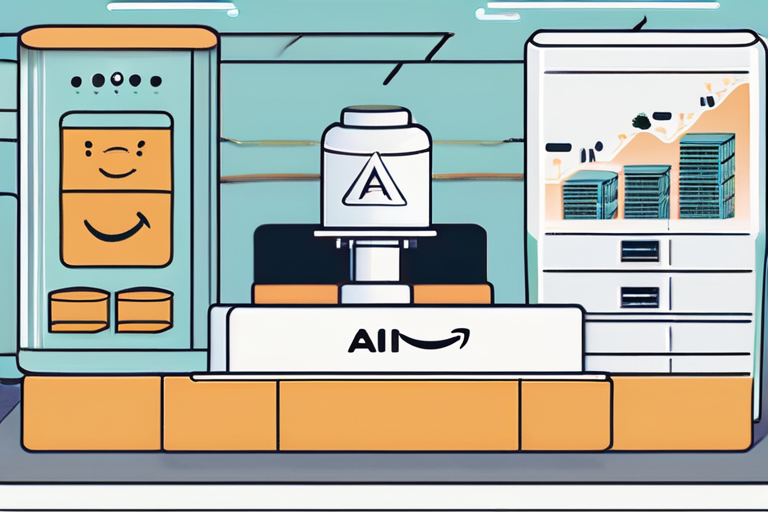
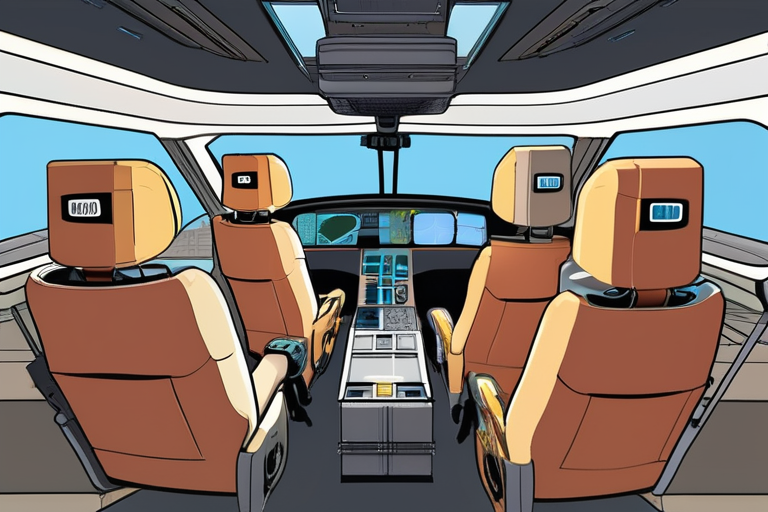
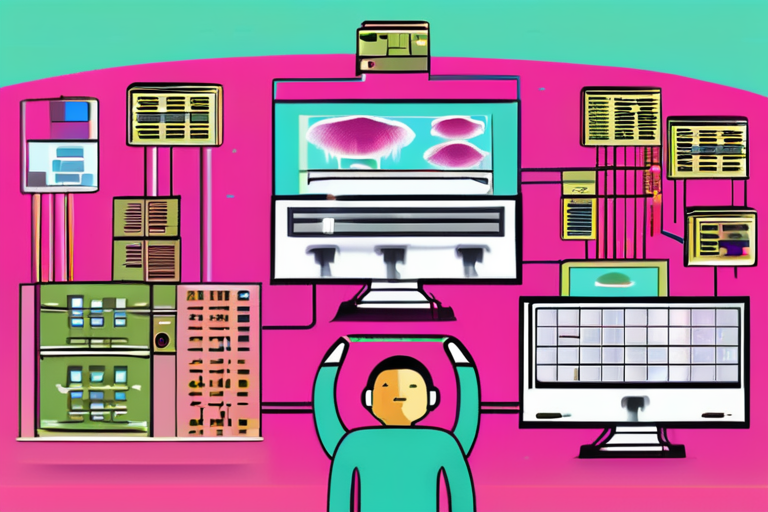
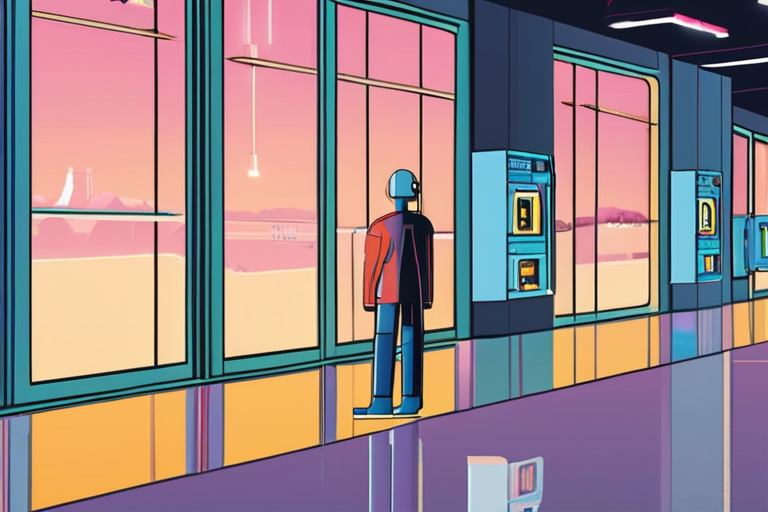
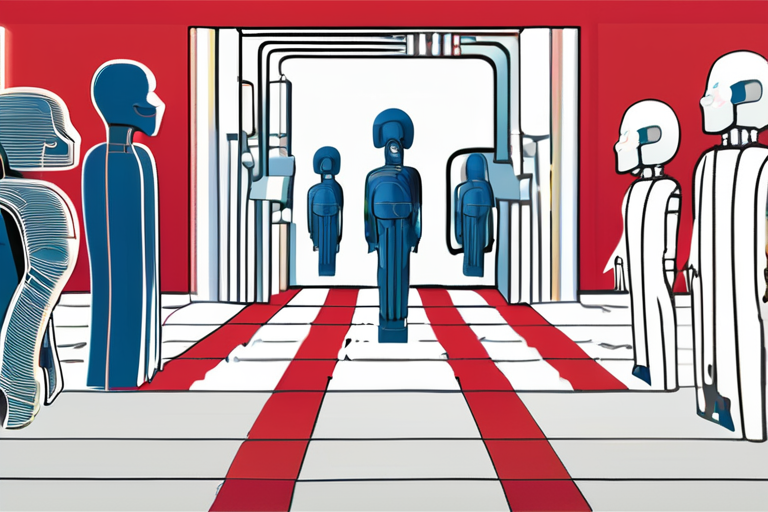

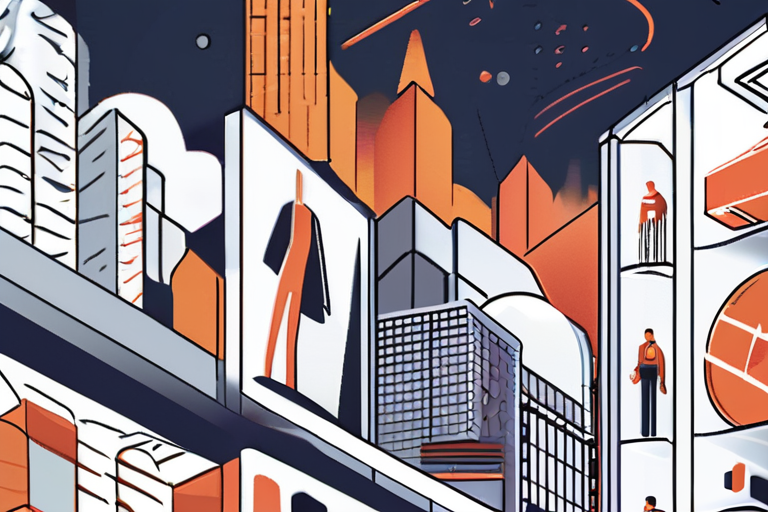
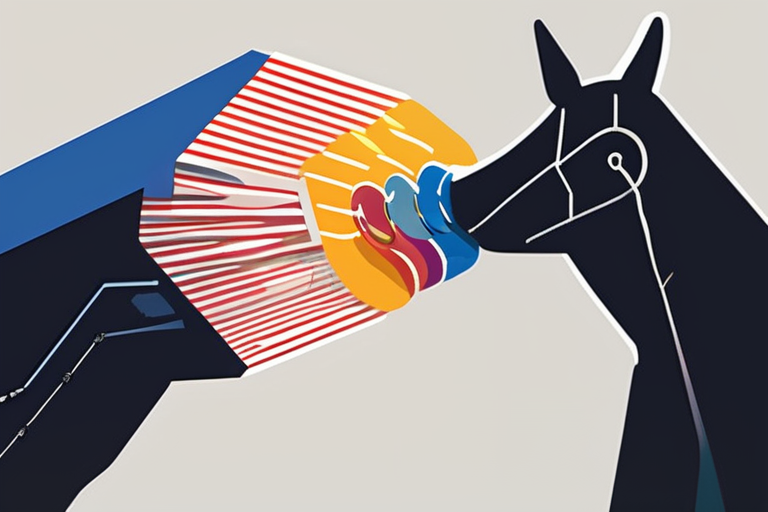
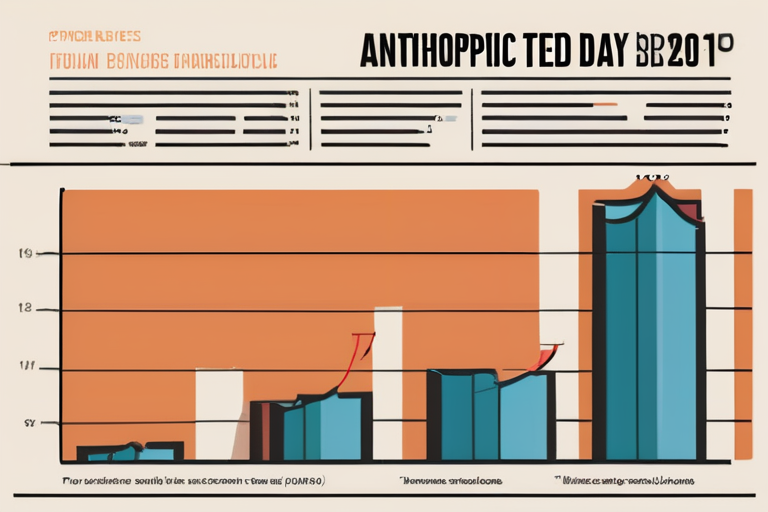
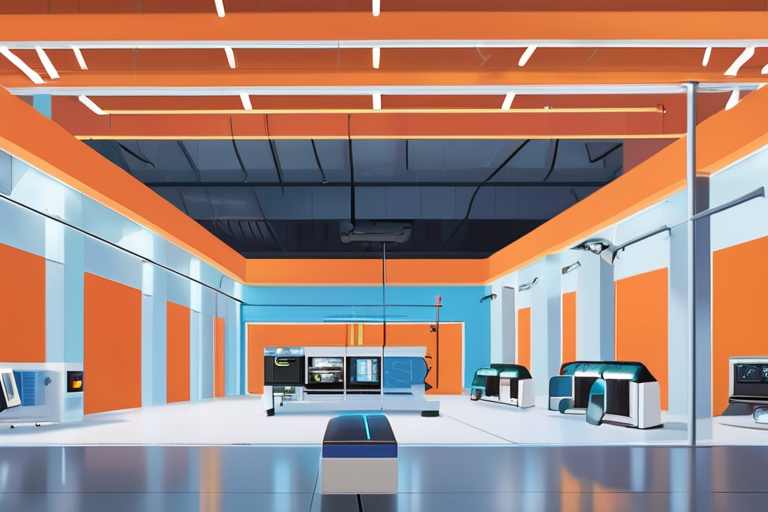
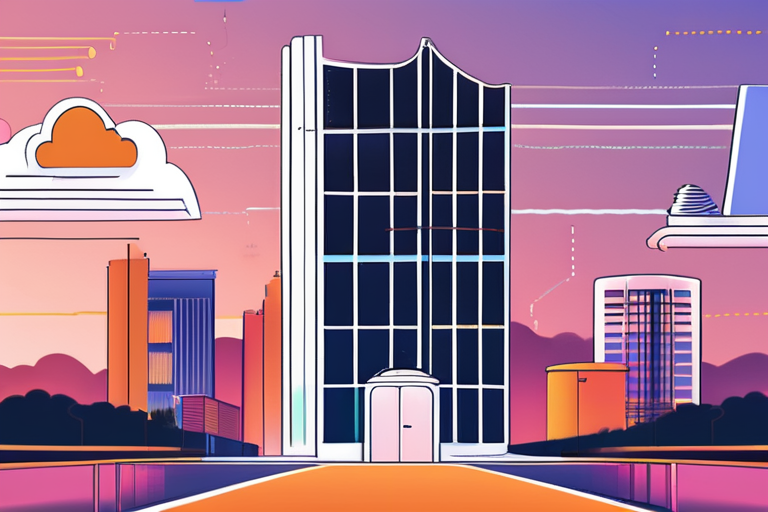
Share & Engage Share
Share this article